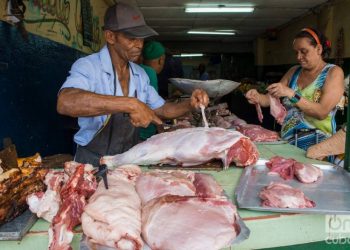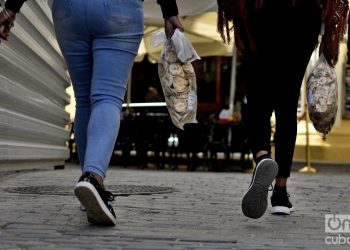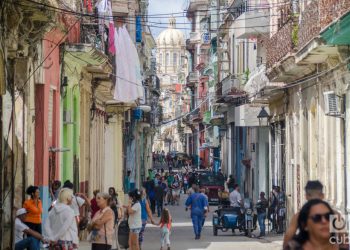Establishment of SMEs in Cuba could increase GDP between 1.5 and 1.7%
At a time when it would seem that Cuba is approaching the “peak” moment of the COVID-19 health emergency, attention is likely to start shifting towards managing the economic recession that the country has entered in 2020 with an estimated decrease in the Gross Domestic Product (GDP) of between 3.7 to 4.7%. (1) The economic measures adopted to mitigate the economic impact of the COVID-19 could be maintained for some time, with possible adjustments, but it is the measures related to promoting the economic recovery that should occupy the spotlight. This has not been a “normal” economic crisis and, consequently, one would not expect a “normal” recovery either. The recession is not primarily due to a “failure” of demand but to a “supply shock.” The Cuban government had to take deliberate action to stop the operation of the economy―as in many other countries―since social distancing measures required interrupting a relatively large part of production and services. Supply and capital flows from abroad have also been affected, which have had the effect of “disconnecting” circuits from the national economy. The economic recovery in 2021 should take place progressively and unevenly across sectors. Tourism, which from “locomotive” became an “accelerating” factor of...






